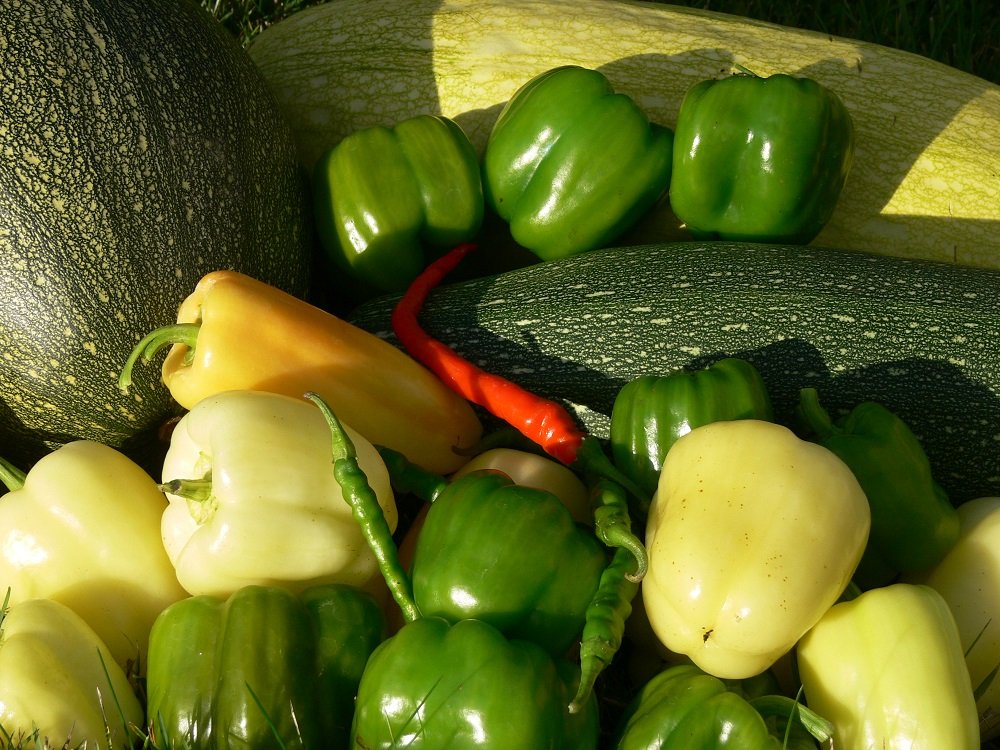Okay, so I occasionally whine about the llamas making a terrible mess in the barn. No sooner do we fork the manure into the wheelbarrow, get it cleaned away and cover the floor with new straw and there will be a queue of llamas waiting to mark their territory once more! I regularly chase them out, but I don’t suppose that does any good. They simply wait until I’ve gone.
It’s one of those frustrations that almost all keepers of large animals experience; applying the human logic of ‘why crap in your own bed?’ to animals who are more interested in their position in the herd or not having to wade through the fresh snow to the outdoor bean pile. They cannot understand our logic and they don’t seem particularly bothered that they all have to cram together in one half of the barn, because the other side is soiled.
If we didn’t clean it out, within a few weeks, the girls would be banging their heads on the barn rafters! If you scrape out every last bit and take it down to the dirt floor level every day, you end up with a stinking soggy mess. You have to let a little bit build up to keep the floor level raised a few inches with compacted straw and then remove the really wet stuff. I know people who have tried different chemical products like ‘Barn Fresh’, but firstly, I don’t want chemicals making the llamas ill and secondly, I don’t want chemicals going into our compost heap! There are rewards to be had from the daily chore of mucking out. The manure pile from the winter clean-out is ‘cooking’ all the time. Steam rising from the pile on a cold winters day, is a great reminder of the heat-loving squash and pumpkins that will be planted in that heap in spring. Just poke seeds into the manure in spring and within a couple of months that mound will be covered in huge green leaves and massive fruit.
I know people who have tried different chemical products like ‘Barn Fresh’, but firstly, I don’t want chemicals making the llamas ill and secondly, I don’t want chemicals going into our compost heap! There are rewards to be had from the daily chore of mucking out. The manure pile from the winter clean-out is ‘cooking’ all the time. Steam rising from the pile on a cold winters day, is a great reminder of the heat-loving squash and pumpkins that will be planted in that heap in spring. Just poke seeds into the manure in spring and within a couple of months that mound will be covered in huge green leaves and massive fruit.
Squash love the rich soil and the warmth of the composting process on their roots.
By the following  year, the bacteria and worms have finished turning the manure into fabulous crumbly compost, ready for the raised bed vegetable garden.
year, the bacteria and worms have finished turning the manure into fabulous crumbly compost, ready for the raised bed vegetable garden.
Llama manure is quite low in nitrogen, meaning that it is not too ‘hot’ and can be used directly on the garden. We frequently mulch some beds with fresh llama beans.
Remember, there is always an upside to everything!
